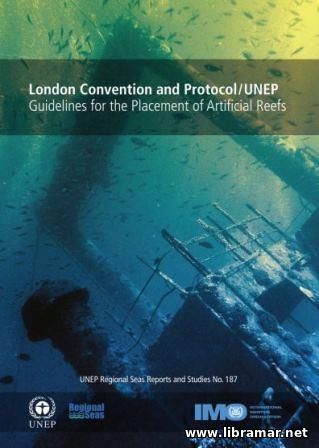
The main declared objective of the present training booklet released by Videotel is to motivate the ship officers including both senior and junior officers to get the energy efficiency of their ships maximized to the possible extent. The publication will also be of great practical interest to the technical superintendents as well as the operators, shore personnel and workers of the commercial department.
The training set consists of this workbook and a very good video training lesson and they should be used together for better results. However, the booklet itself can be used as a good reference source. The glossary of the main terminology is included in the booklet together with a separate reference chapter devoted to the relevant regulations. The trainees will also find a sample SEEMP as well as EEOI, standing for the Energy Efficiency Operational Indicator.
Numerous questions have been included for the assessment and control of the training. The training set is strongly recommended to anyone working on board marine ships, taking into account the latest changes to the provisions of the MARPOL convention and coming into force of the energy efficiency-related regulations.






